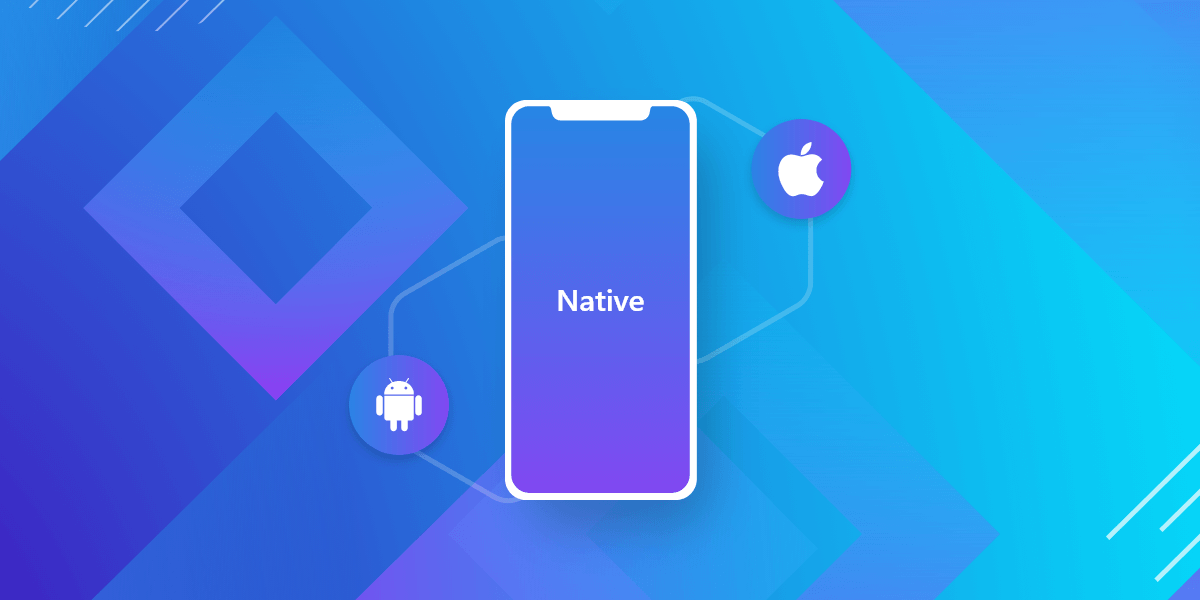The first reason to develop a native app is that it can be customized for the platform you are developing for. This allows you to incorporate the needs of your users and stay on top of technology. It can also help you stay in step with the latest trends and developments. Therefore, if you are planning to develop an app for a mobile platform, you should consider developing a native app.
The second reason to develop a native app is that you can take advantage of many features that an application has that a hybrid app can’t. For instance, a native app can take advantage of Augmented Reality, as well as Machine Learning to detect and avoid a car. This can be incredibly beneficial for a business. By combining these technologies, you can create an application that will get you noticed by your target audience and increase customer loyalty and retention. The third reason to develop a native product is that it is more affordable.
Another benefit to developing a native app is the ability to use multi-factor authentication and embedded certification. This can be useful for security and privacy issues, especially if your app contains sensitive data. Additionally, it is easier to remove bugs with native apps, as there are fewer dependencies to worry about. Unlike a hybrid application, a native application has the potential to reach the stars.
Regardless of how you plan to use your native app, it’s important to understand the pros and cons. You will have greater flexibility and more control over the features and functionality of your app. One of the most important reasons to create a native application is that you won’t have to worry about compatibility. There are tons of free tools that can be used to build an app, and you can easily use them to test out new features before you even start building the project.
In addition to the advantages that native applications offer, the first major benefit is the ease of maintenance. They are easier to maintain than web applications because they are built to be optimized for their platform. By leveraging the APIs and core programming languages of the platform, native apps are easier to maintain and have more features available. With these benefits, they are the right choice for every business. If you’re planning to develop a native application, you’ll want to consider the advantages that a native app has to offer.
The most important advantage of native apps is that they are faster and blend in with the device perfectly. This is especially important for security and privacy purposes. But while native apps are faster and have greater functionality, they can be more expensive and time-consuming to develop. A hybrid app will cause a lot of annoying issues to its users. It can also be more secure. But there are disadvantages to both.
In addition to being faster, a native app can be more secure. It can also support multi-factor authentication, which is crucial in a mobile app. These advantages are essential for successful mobile apps. Moreover, they allow you to tap into the device’s capabilities. And they’re not limited to devices, either. With the help of a native app, you can make an effective mobile app that will be available on many platforms.
Among the most obvious benefits of a native app is that it is more secure. It can also be adapted for different screen sizes. A native app is designed specifically for a specific platform. The native app can take advantage of the platform’s hardware and software. The user experience is also enhanced. Besides, native apps are better-looking and operate faster. There are some disadvantages to developing a hybrid application.




